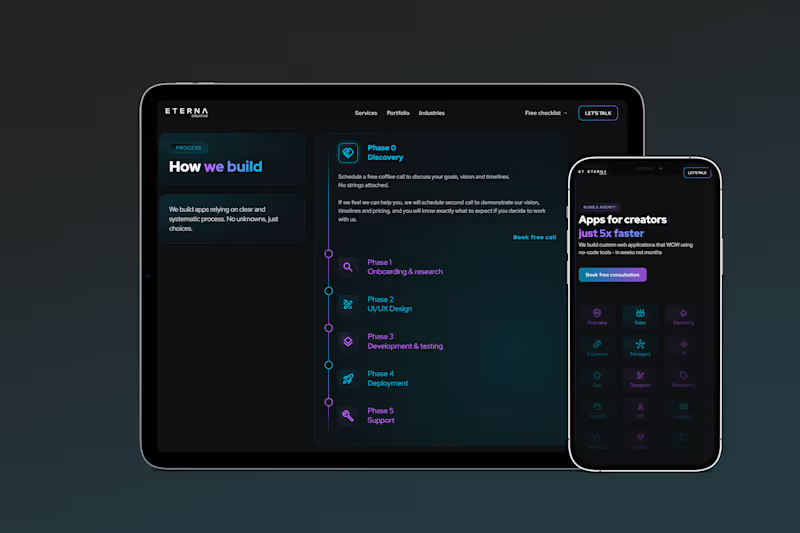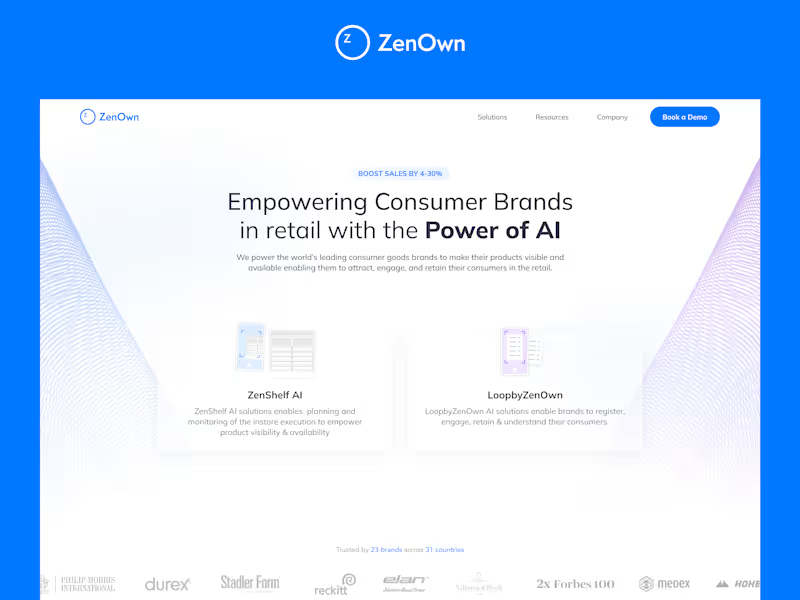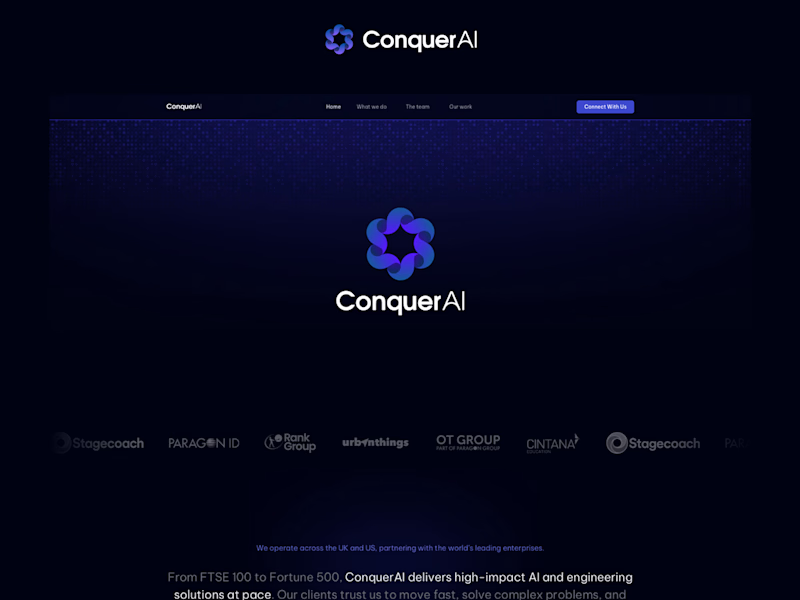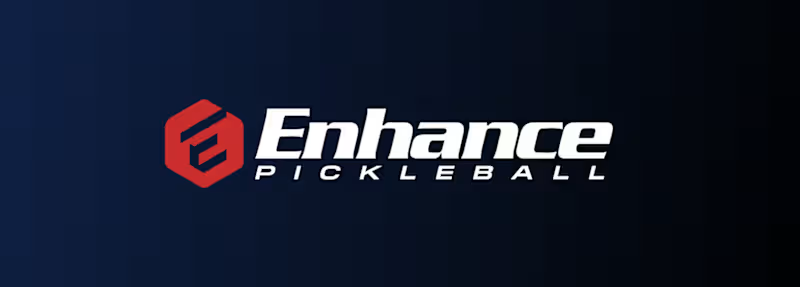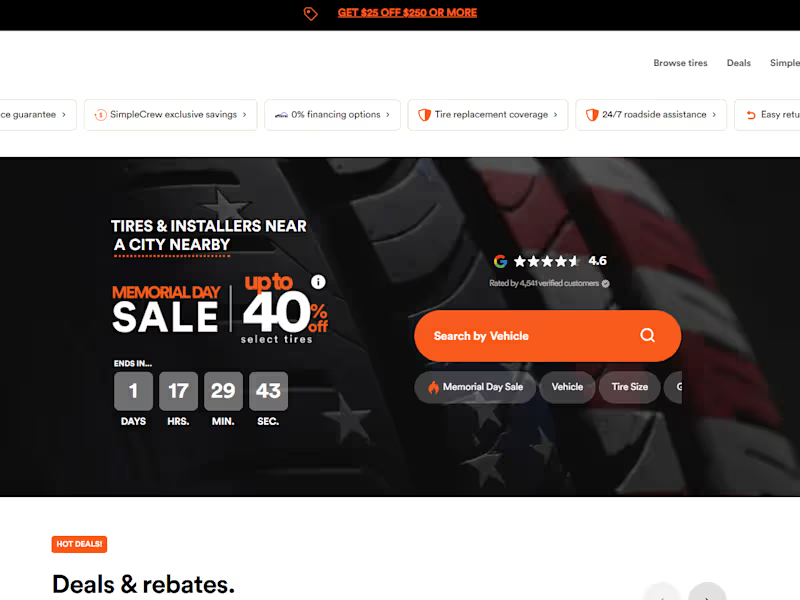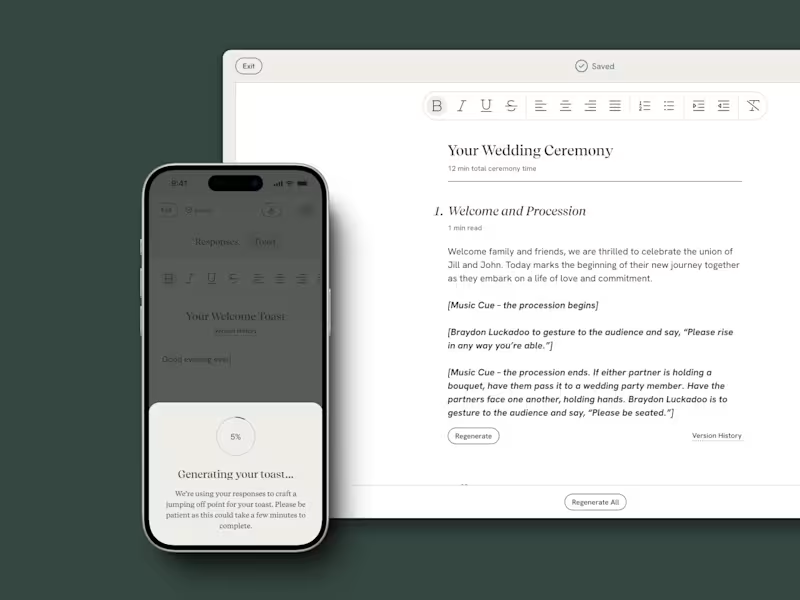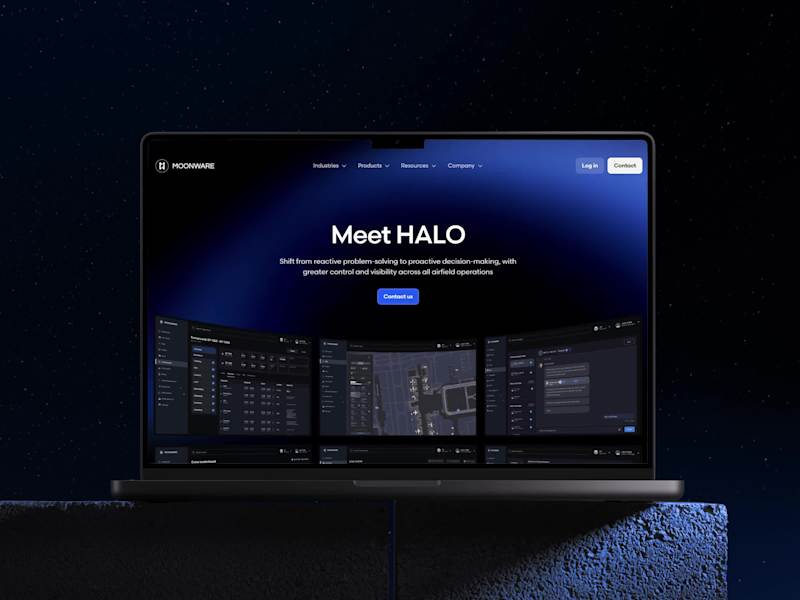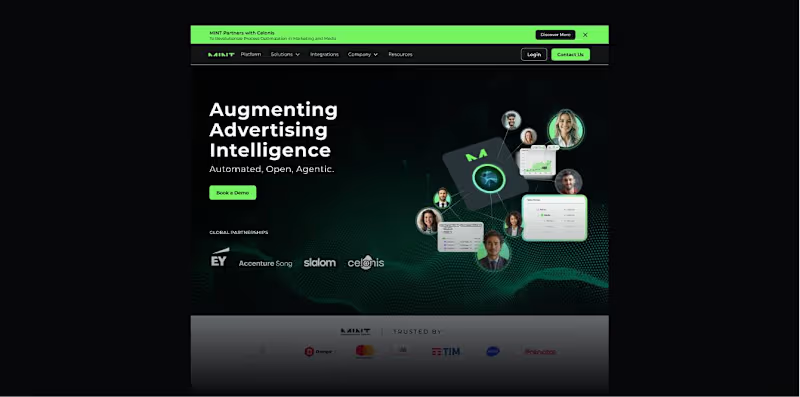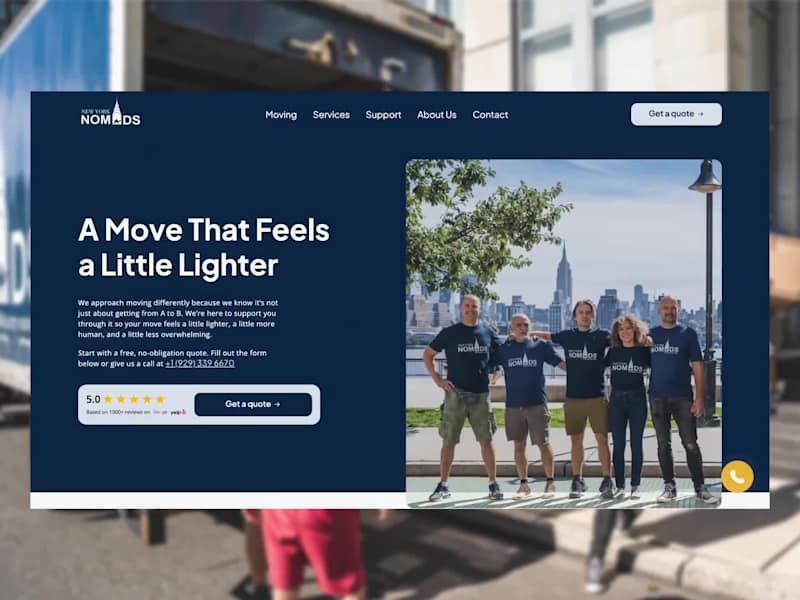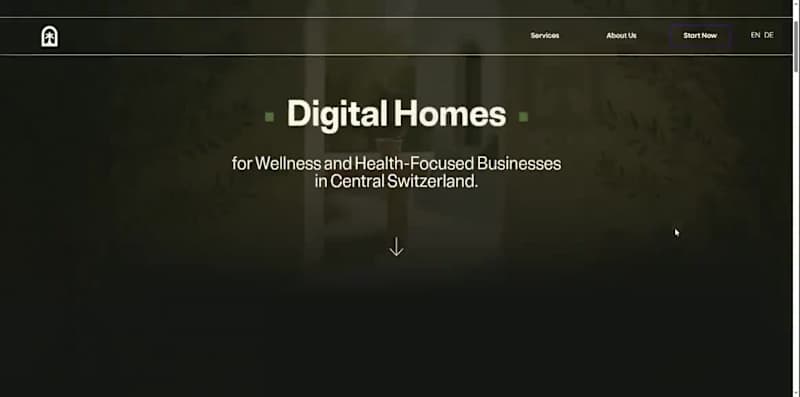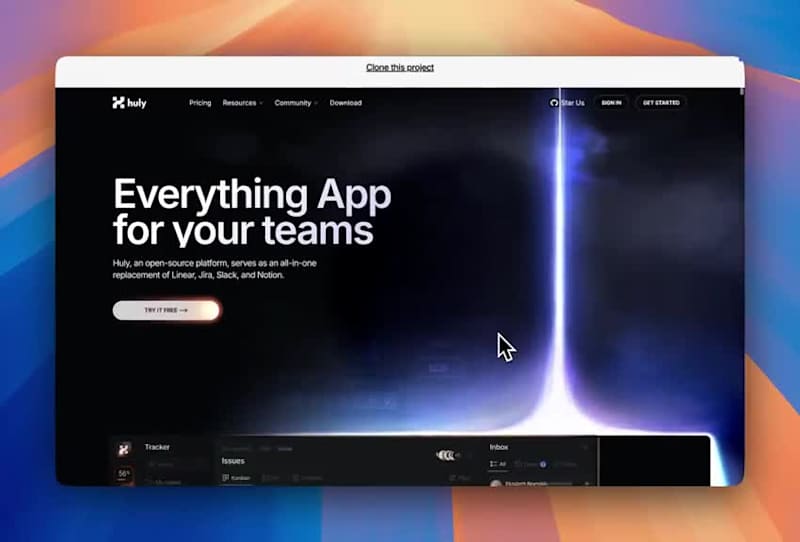Additional resources
Why Hire Web Developers in Serbia
Cost-Effective Development Talent
Strong Technical Education Foundation
English Proficiency and Communication Skills
Time Zone Advantages for European and US Companies
Serbian Web Development Market Landscape
Major Tech Hubs: Belgrade and Novi Sad
Available Talent Pool and Specializations
Tech Ecosystem Growth and Statistics
Salary Expectations for Serbian Web Developers
Junior Developer Salaries
Mid-Level Developer Compensation
Senior Developer and Specialist Rates
Hourly Rates vs Monthly Salaries
Skills and Technologies Among Serbian Developers
Frontend Development Expertise
Backend Development Capabilities
Full-Stack Development Proficiency
Emerging Technology Specializations
How to Find Web Developers in Serbia
Local Job Boards and Platforms
Tech Communities and Networks
University Partnerships and Graduate Programs
Recruitment Agencies and Headhunters
Hiring Models for Serbian Web Development Talent
Direct Employment
Freelance and Contract Arrangements
Employer of Record (EOR) Services
Dedicated Team Models
Legal Framework for Hiring in Serbia
Employment Contract Requirements
Tax Obligations and Social Contributions
Intellectual Property Protection
Data Security and Compliance Standards
Payment Methods and Financial Considerations
Bank Transfer Options
International Payment Platforms
Currency Exchange Considerations
Invoice and Documentation Requirements
Cultural Aspects of Working with Serbian Developers
Work Culture and Business Etiquette
Communication Styles and Preferences
Holiday Schedule and Working Hours
Remote Work Infrastructure
Government Incentives for Tech Companies
R&D Tax Benefits
Innovation Fund Support
EU Pre-Accession Funding
IP Box Regime Benefits
Best Practices for Managing Serbian Development Teams
Setting Clear Expectations
Communication Tools and Protocols
Performance Monitoring Approaches
Team Integration Strategies
Common Challenges and Solutions
Talent Retention Strategies
Time Zone Management
Language Barrier Mitigation
Technical Infrastructure Considerations
Building Long-Term Partnerships with Serbian Developers
Career Development Opportunities
Competitive Benefits Packages
Company Culture Integration
Knowledge Transfer Systems
Quality Assurance When Outsourcing Web Development to Serbia
Code Review Processes
Testing Standards and Methodologies
Security Best Practices
Documentation Requirements









































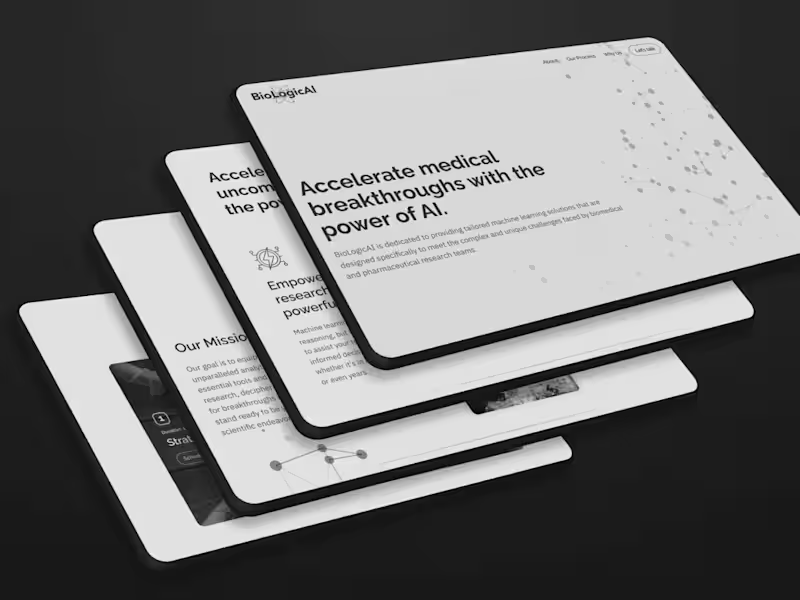
![Cover image for AI Profile Picture Maker - Profilna [Web App, AI Integration]](https://media.contra.com/image/upload/w_800,q_auto/j0kocnfyfqazjw4ydxlf.avif)
![Cover image for Hotspot Shield VPN [Website]](https://media.contra.com/image/upload/w_800,q_auto/ssqdmqx3xgjy7lxlcrii.avif)



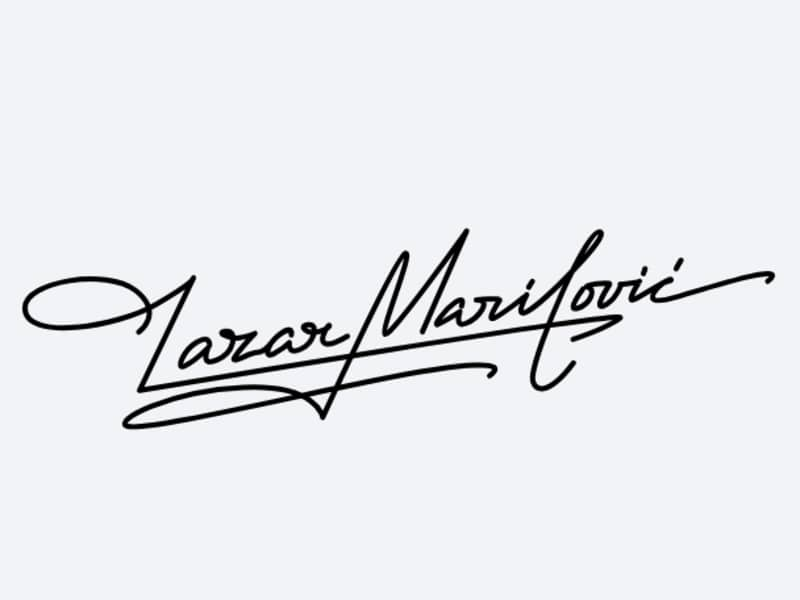
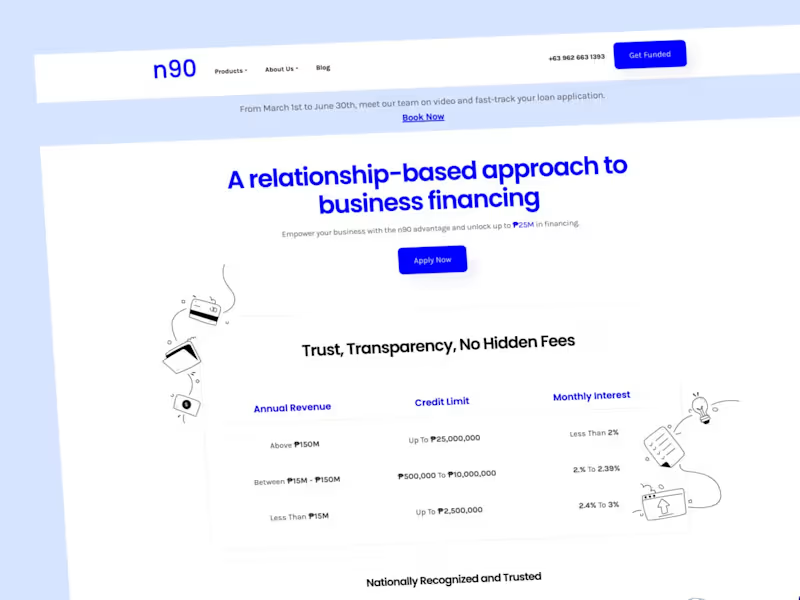
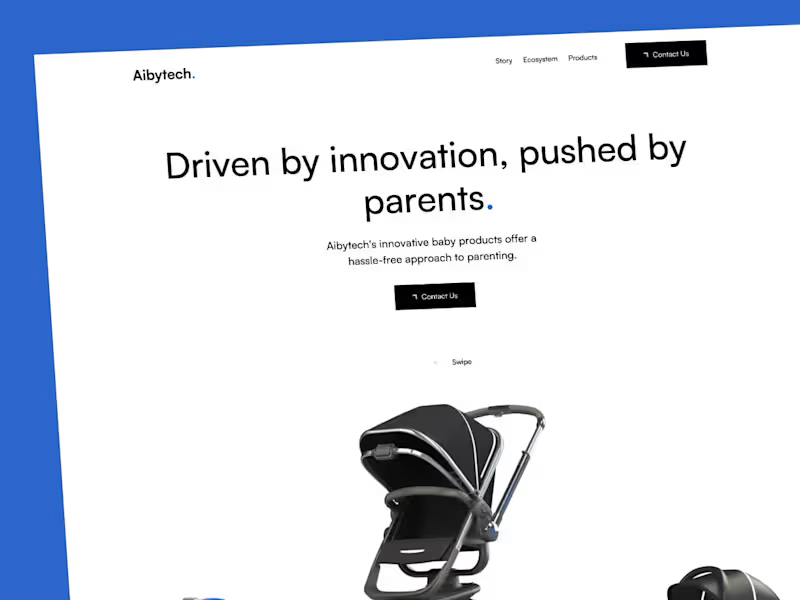

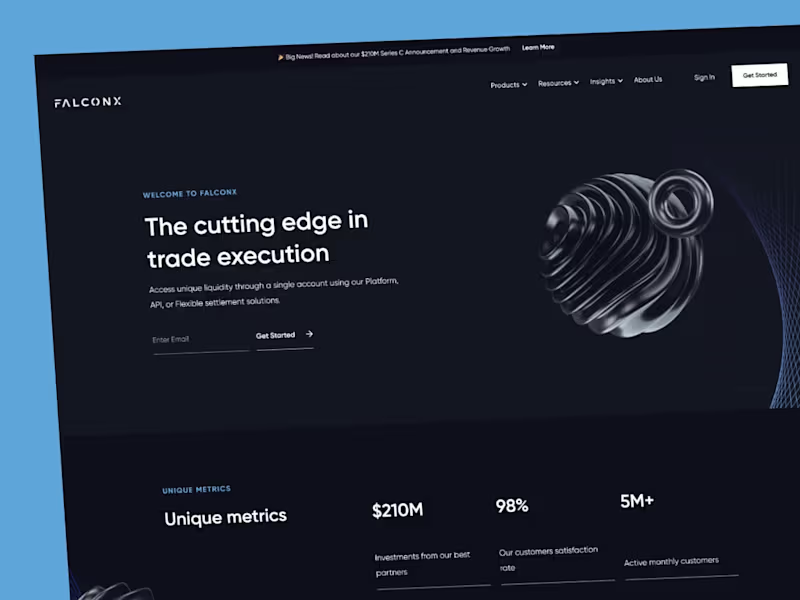

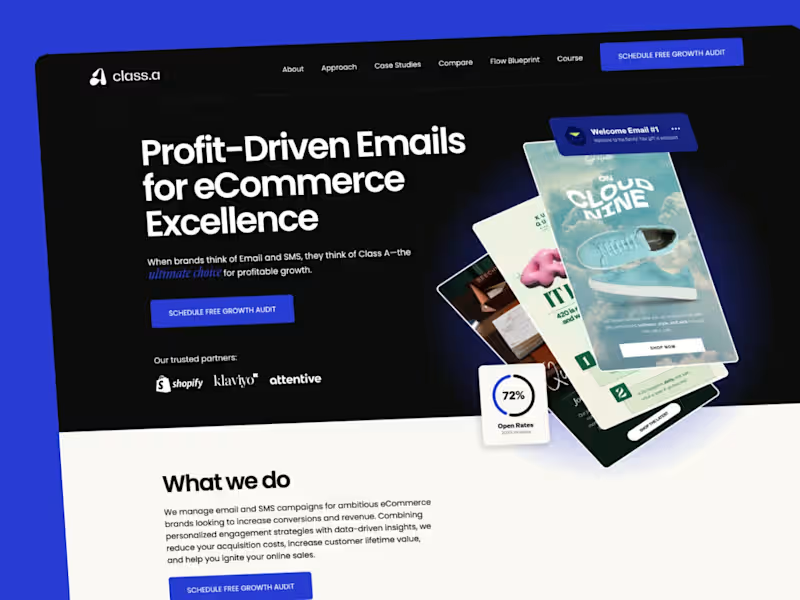
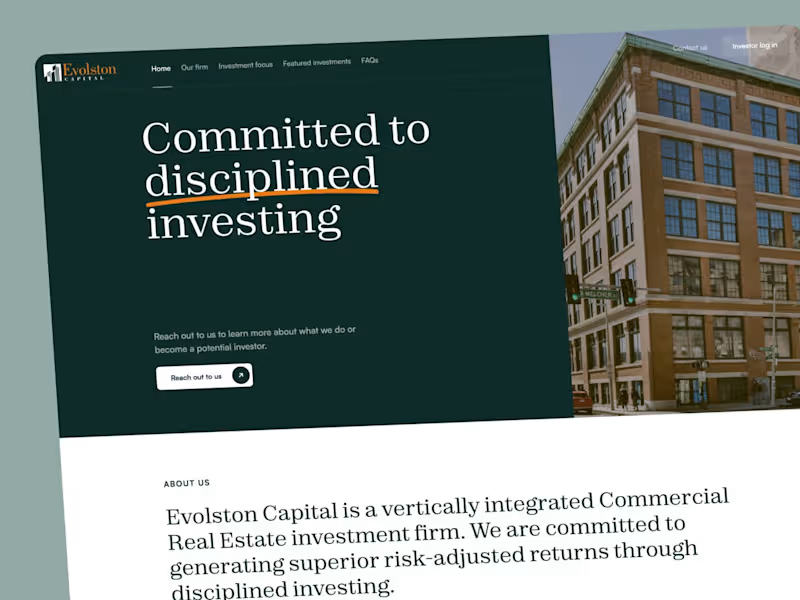

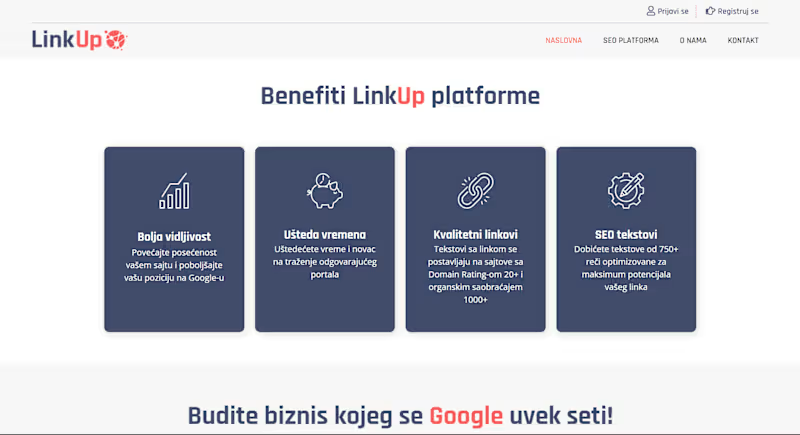



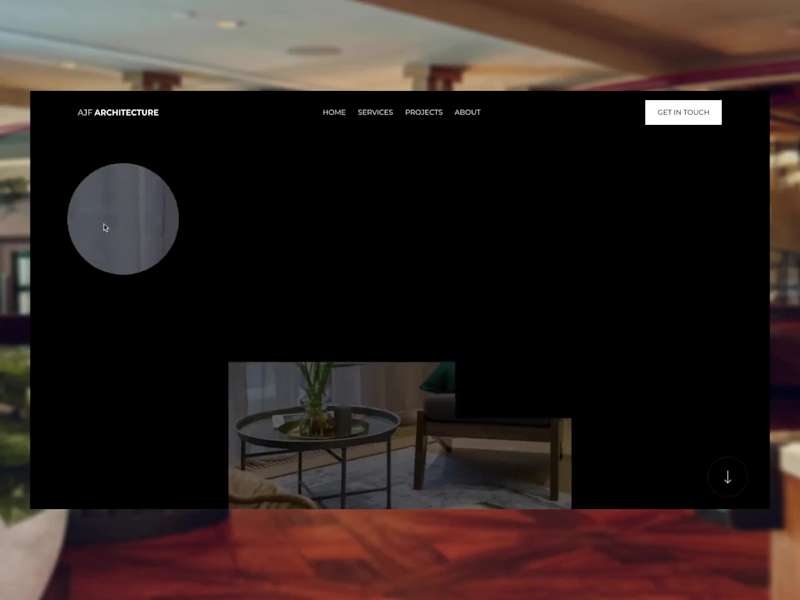



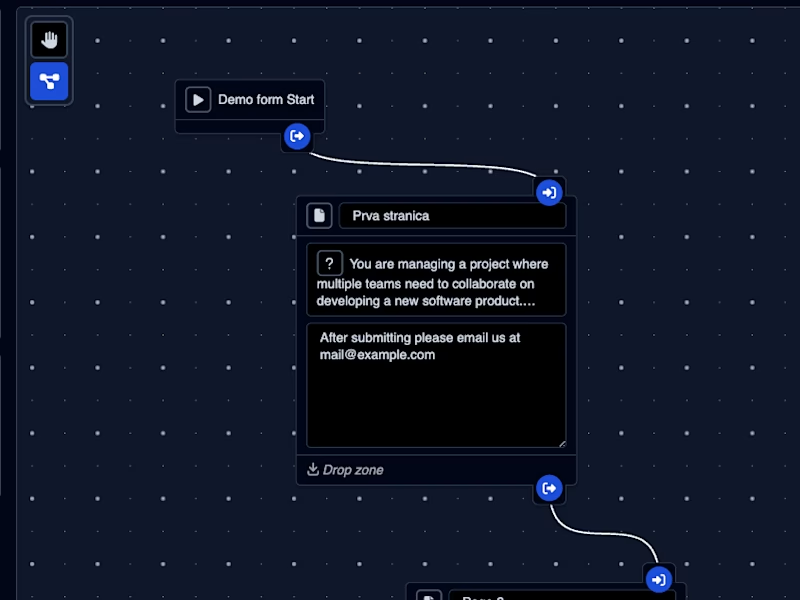
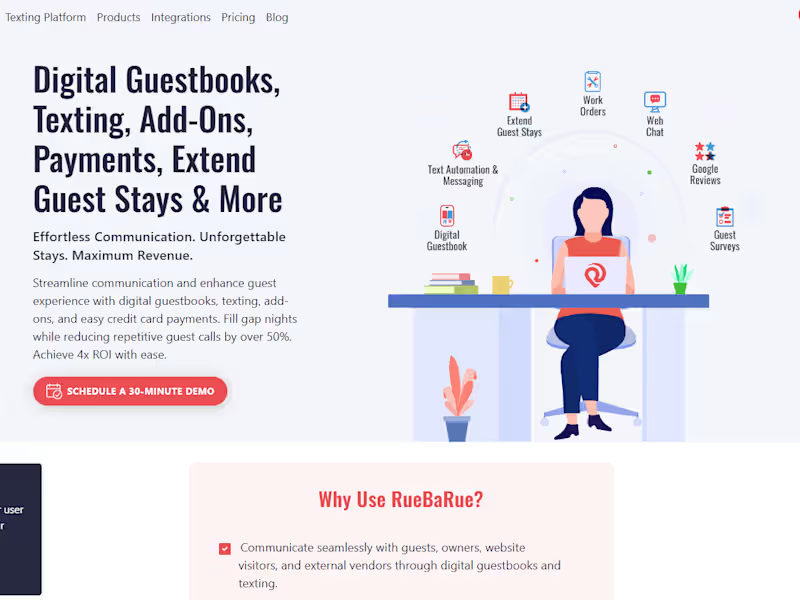
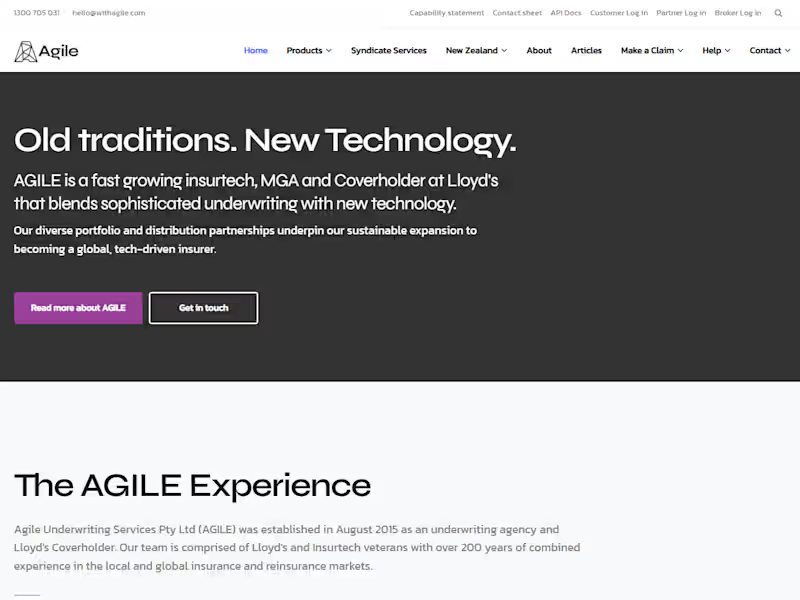
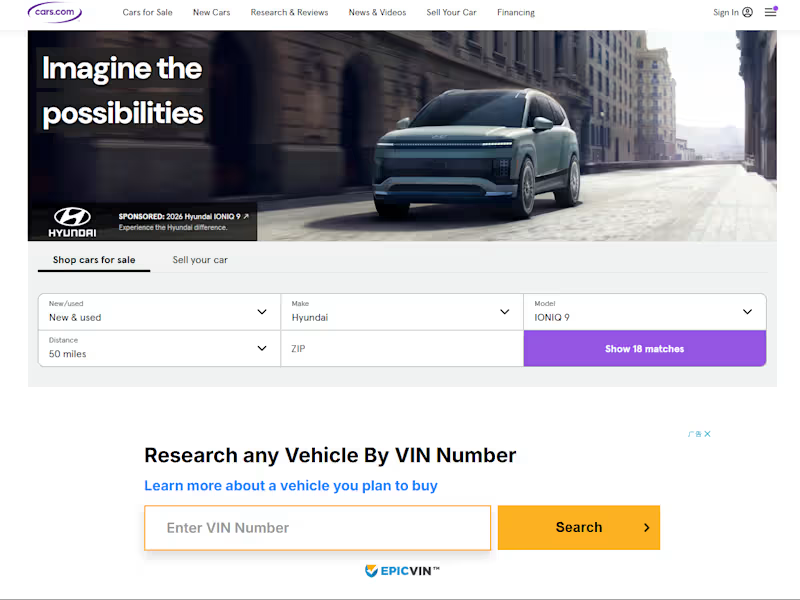
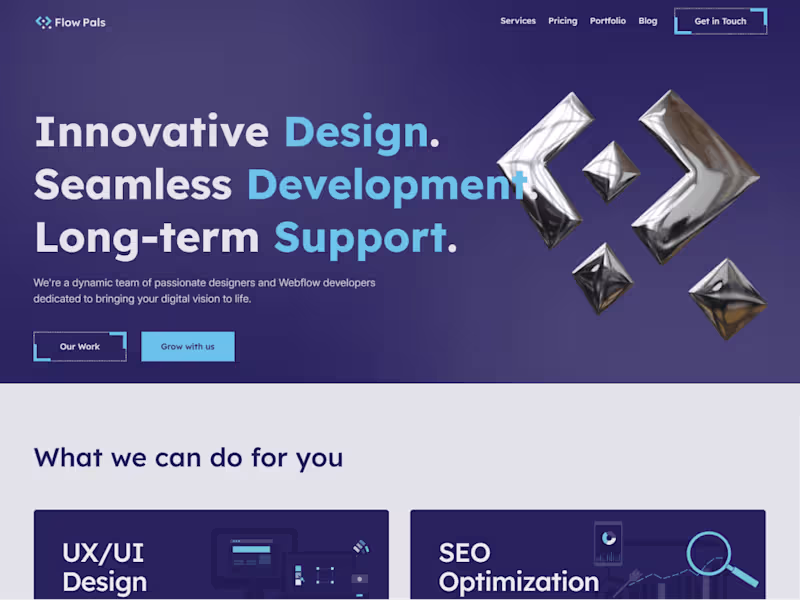
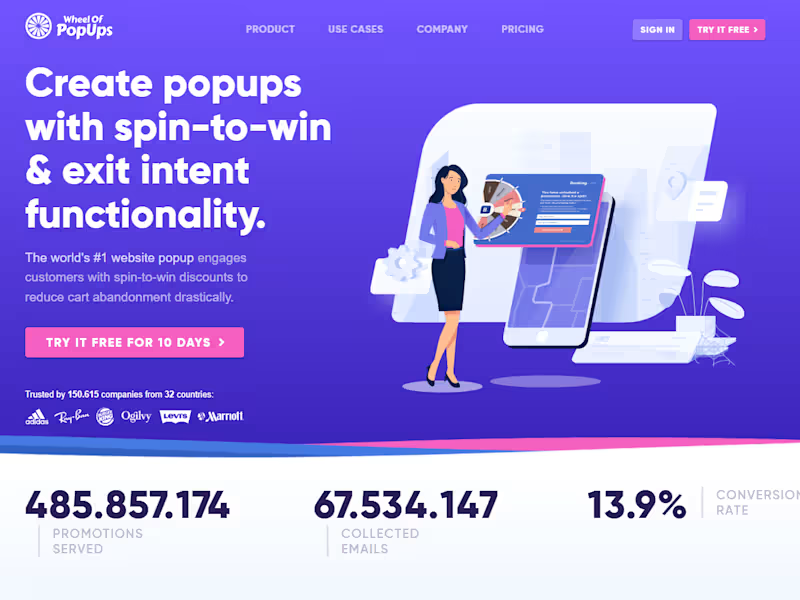
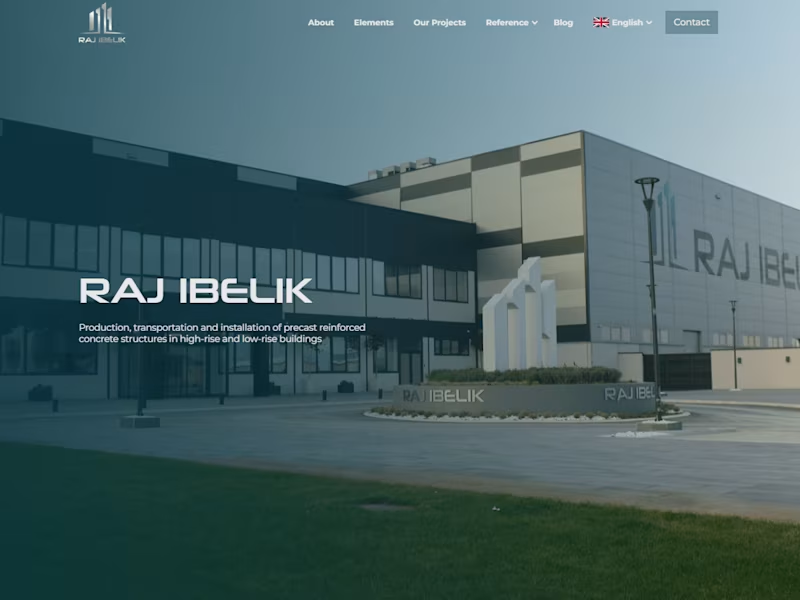
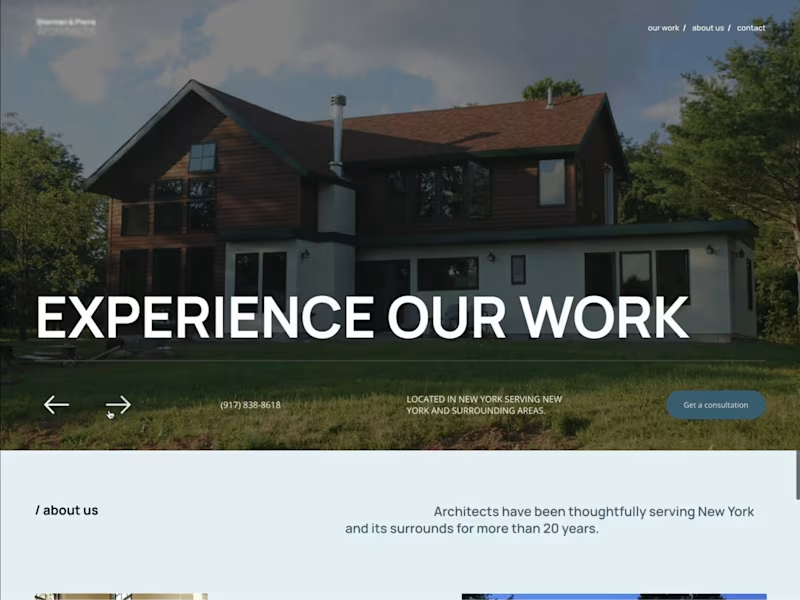
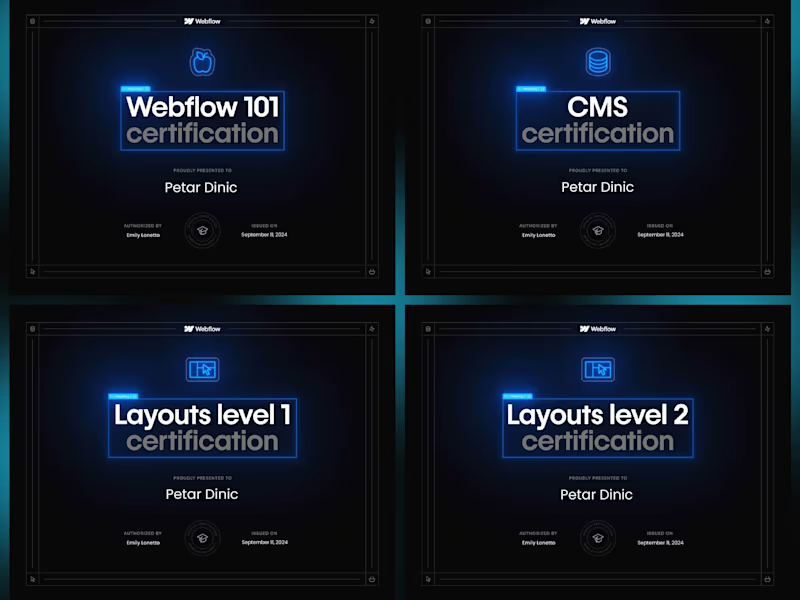
![Cover image for Resec.co [Website]](https://media.contra.com/image/upload/w_800,q_auto/x21po34jweq1xcfnadj4.avif)
![Cover image for CodeFavorite [Website]](https://media.contra.com/image/upload/w_800,q_auto/psynzx1vpyswpmugdisf.avif)

